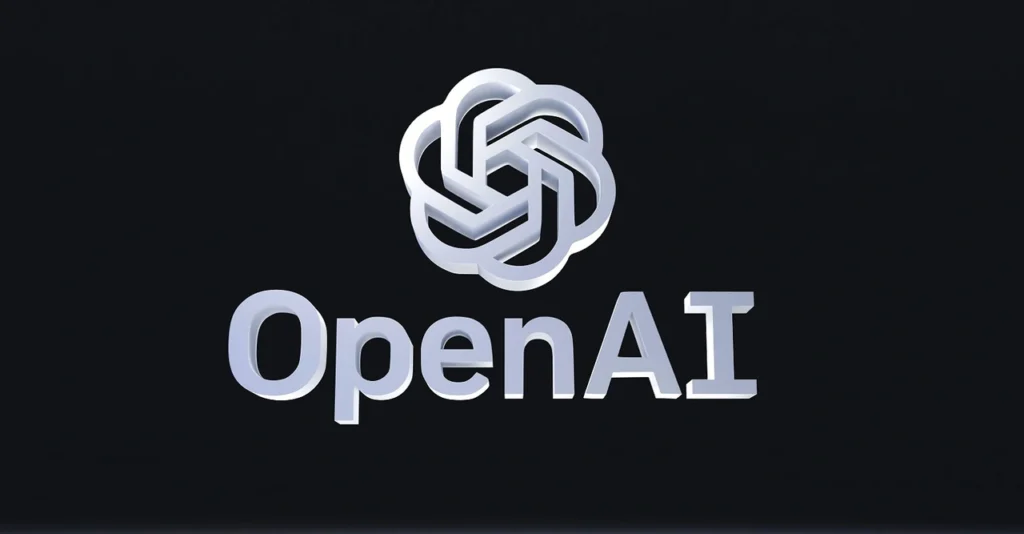
OpenAI has teamed up with longevity-focused startup Retro Biosciences on a venture aimed at extending human lifespans by 10 years, according to MIT Technology Review. The initiative is supported by OpenAI CEO Sam Altman.
The research centers on modifying Yamanaka factors—proteins capable of transforming old skin cells into young stem cells. Retro Biosciences believes these proteins could be critical for tissue regeneration, artificial organ development, and life extension.
To achieve its goals, OpenAI has trained one of its large language models on biological research tasks. Called GPT-4b micro, it’s designed specifically for medical and scientific endeavors. Unlike Google’s AlphaFold, which predicts 3D protein structures, GPT-4b micro focuses on adjusting proteins’ biological functions.
According to OpenAI, researchers used LLM-generated suggestions to enhance two Yamanaka factors, making them “over 50 times more effective.” Preliminary assessments indicate that the proteins significantly outperform what scientists could achieve on their own.
“This could be a crucial step forward in medicine, not only for extending lifespan but also for ensuring better health in old age,” said OpenAI researcher John Hollman. Both OpenAI and Retro Biosciences plan to publish the study’s findings soon.
Context
- We previously reported on OpenAI’s new personal task management tool, Tasks.








 Cryptol – your source for the latest news on cryptocurrencies, information technology, and decentralized solutions. Stay informed about the latest trends in the digital world.
Cryptol – your source for the latest news on cryptocurrencies, information technology, and decentralized solutions. Stay informed about the latest trends in the digital world.